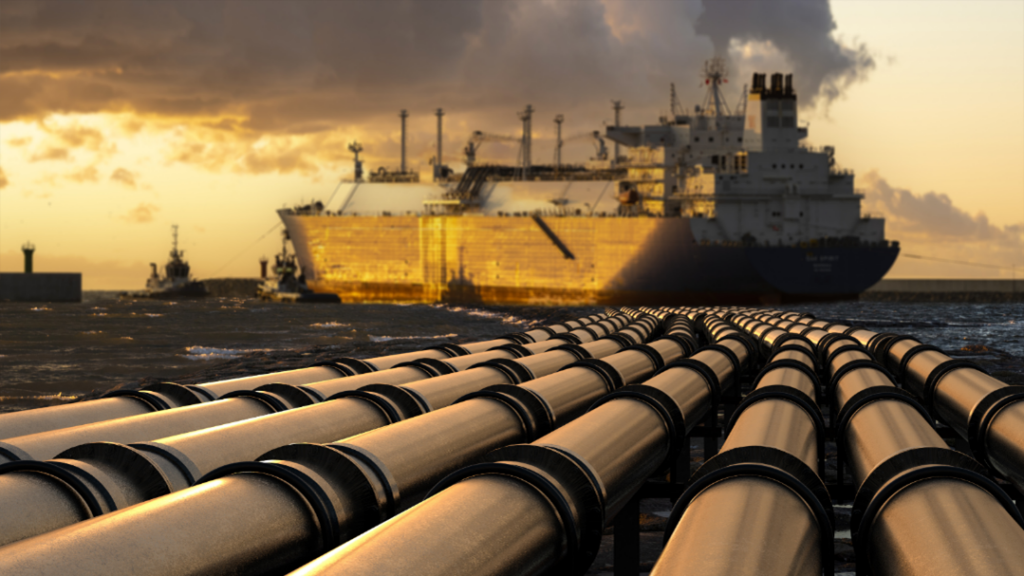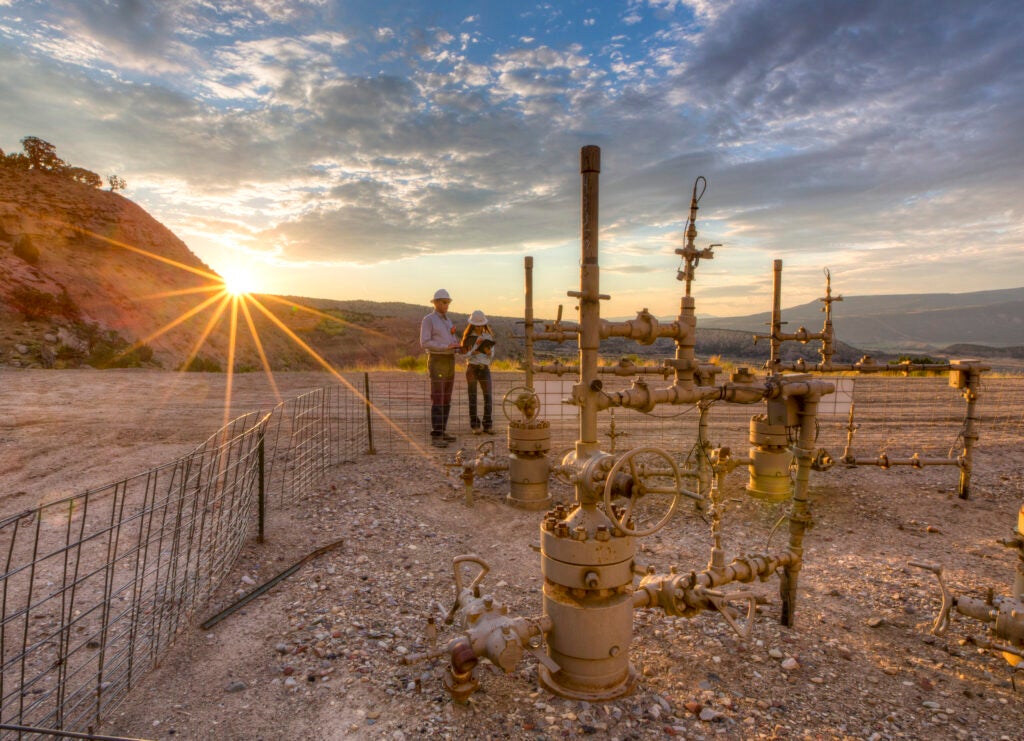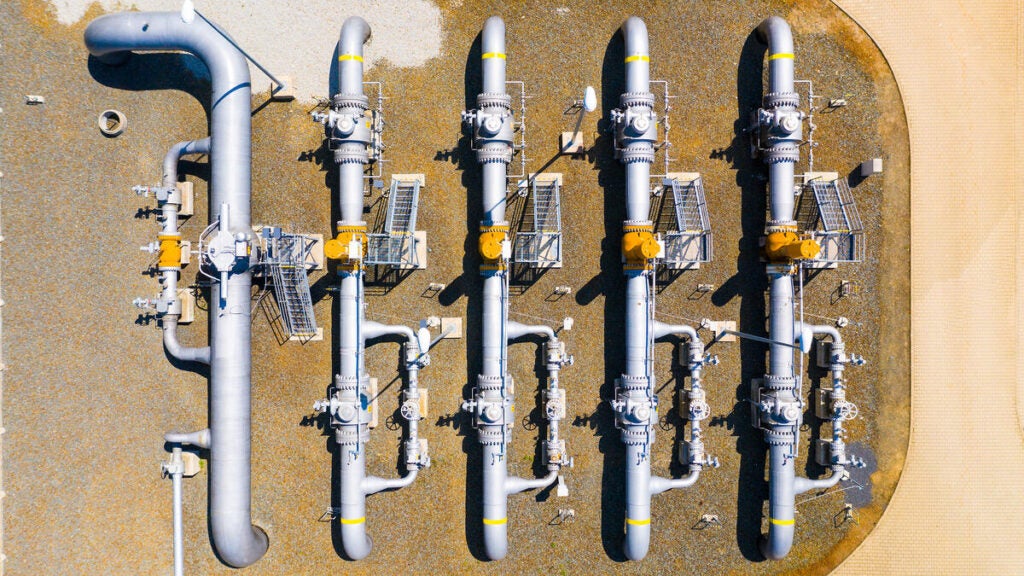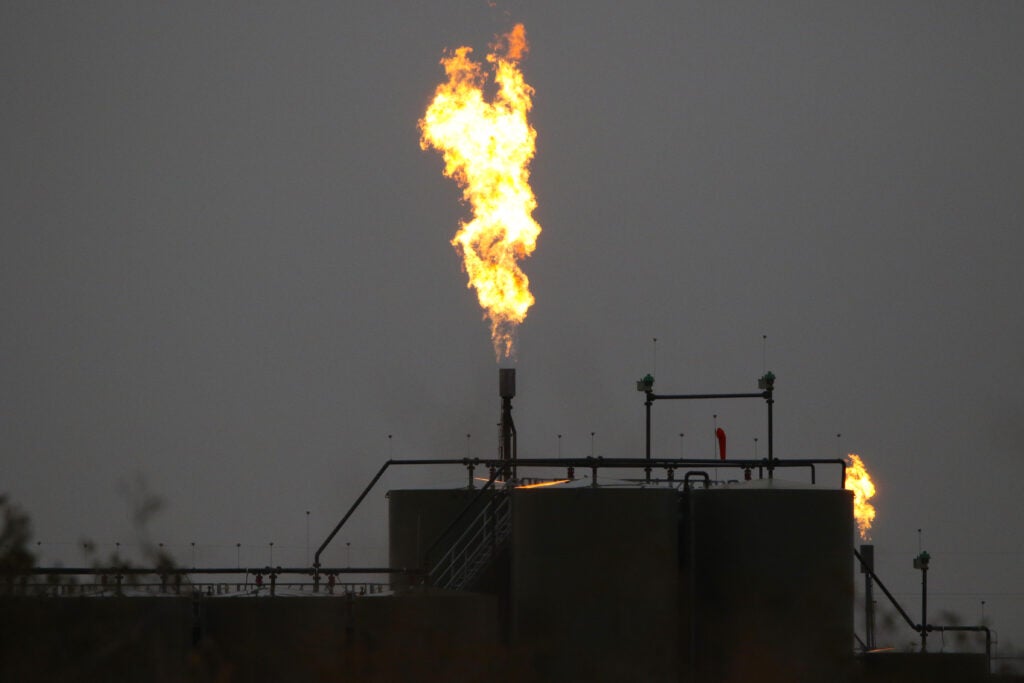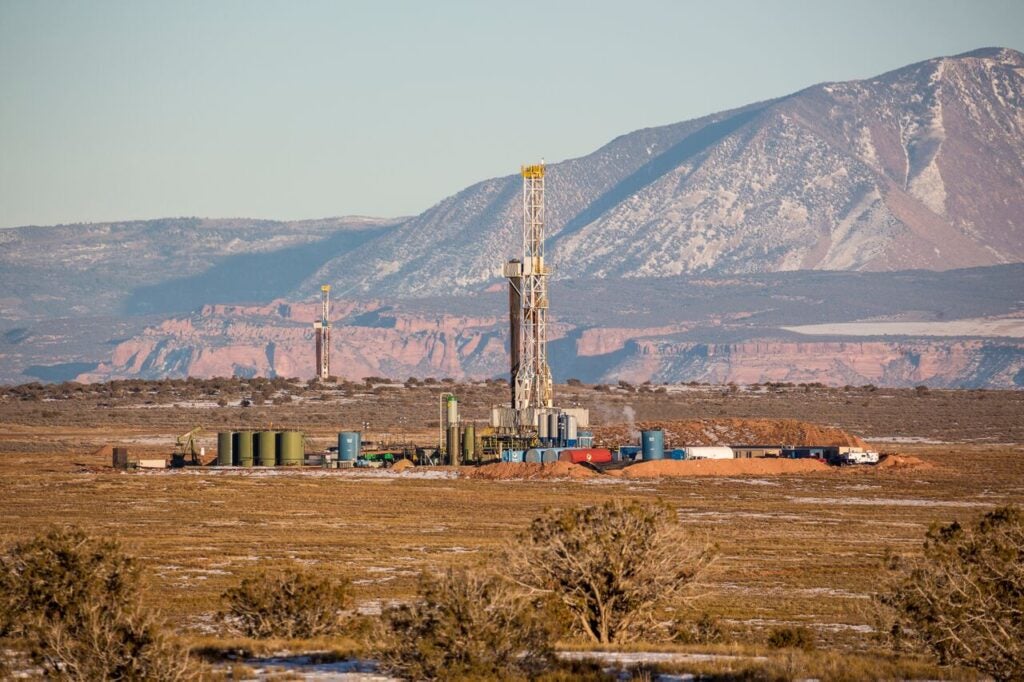The European Union’s methane regulation, set to begin reporting requirements this May, is a landmark step in climate policy. By targeting methane — a potent greenhouse gas responsible for a third of global warming – these rules reinforce Europe’s climate commitments and set a global standard for methane emissions reductions.
Energy Exchange
Strong oil & gas methane rules are essential — and achievable
A Tale of Two Basins: Colorado regional oil and gas pollution differences highlight need for action on the West Slope
By Nini Gu
Data recently collected by EDF’s MethaneAIR project in 2023 reveals a striking difference in the emissions profiles between the two major Colorado basins: the Denver-Julesburg (D-J) in the east, and the Piceance in the west. The D-J Basin exhibited a 1.7% methane loss rate from the total natural gas produced; by contrast, the loss rate for the Piceance Basin hit 7%, a high figure among all surveyed basins.
Colorado again leads the way with methane verification protocol
By Nini Gu
Developing more accurate emissions inventories with real-world measurement data of oil and gas climate pollution is key to verifying our progress toward addressing climate change.
Earlier this month, the Colorado Air Pollution Control Division achieved a major breakthrough to do just that when it finalized its Greenhouse Gas Intensity Verification Protocol, marking the first time a government agency has created a comprehensive framework for measurement, reporting and verification of methane emissions at oil and gas production sites.
International, national oil & gas producers bound tightly by market pressure, new methane commitments
“Very soon nobody is going to be able to hide from methane leakage,” Chevron CEO Mike Wirth said back in 2019 . Now, the convergence of new satellites, new climate commitments and new market demands means that day is here. Some companies have been girding for it; others are lagging. Either way, they all have work to do.
Why Texas’ attempt to delay commonsense methane protections will only shoot itself – and the US oil and gas industry – in the foot.
Texas’ primary oil and gas regulator, the Texas Railroad Commission, took the unfortunate — though not surprising — step last month of requesting legal action against EPA’s recently finalized commonsense methane rules. This is unfortunate because, once implemented, these rules will protect public health, limit climate change and energy waste. It is not surprising because the RRC (Texas’ oddly named oil and gas regulatory agency) has shown little interest in trying to rein in Texas’ massive problem with oil and gas methane pollution. Texas emits more oil and gas methane pollution than any other state. Despite repeated calls for more oversight from the state agency, the RRC continues to regularly approve permits to flare natural gas, a leading cause of methane pollution.
EPA advances methane waste charge to help cut oil and gas pollution
Last week, EPA proposed details for how it will administer Congress’s methane waste emissions charge for excessive oil and gas pollution, passed as part of the Inflation Reduction Act’s Methane Emissions Reduction Program in 2022.










